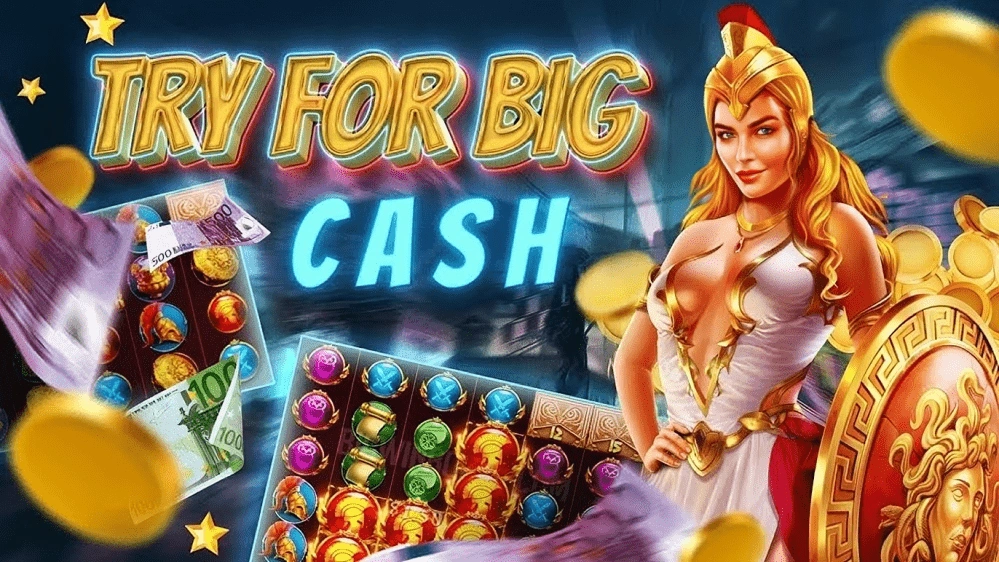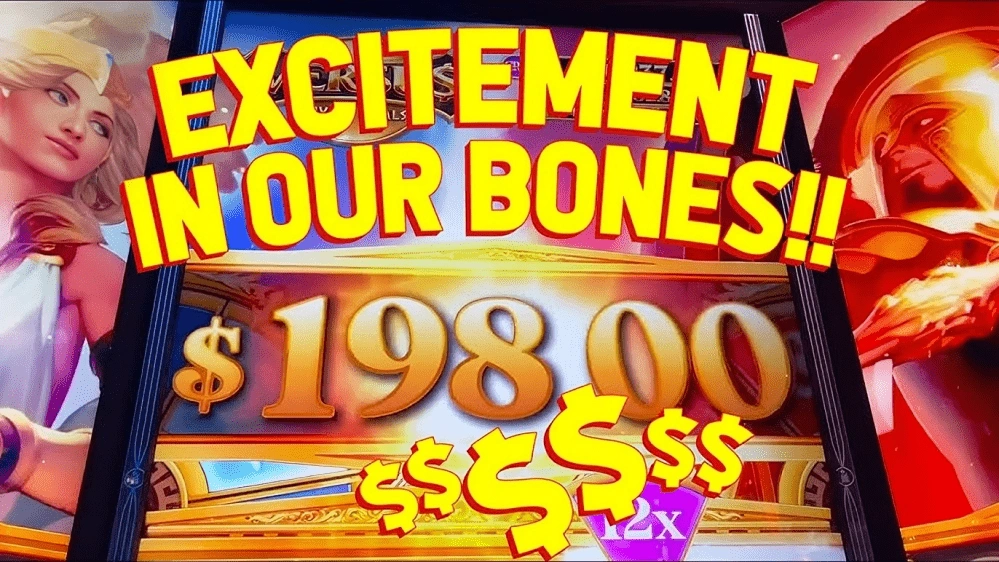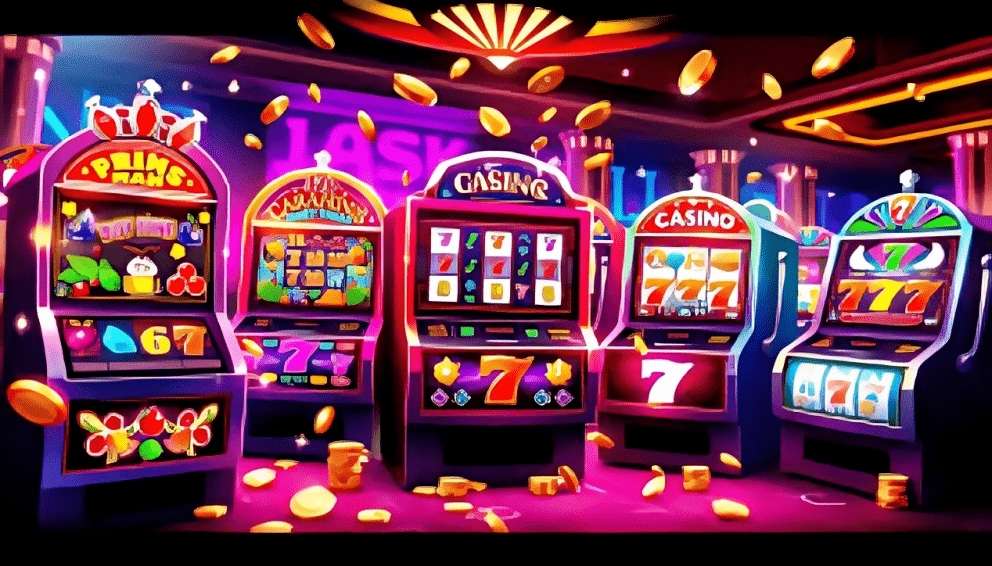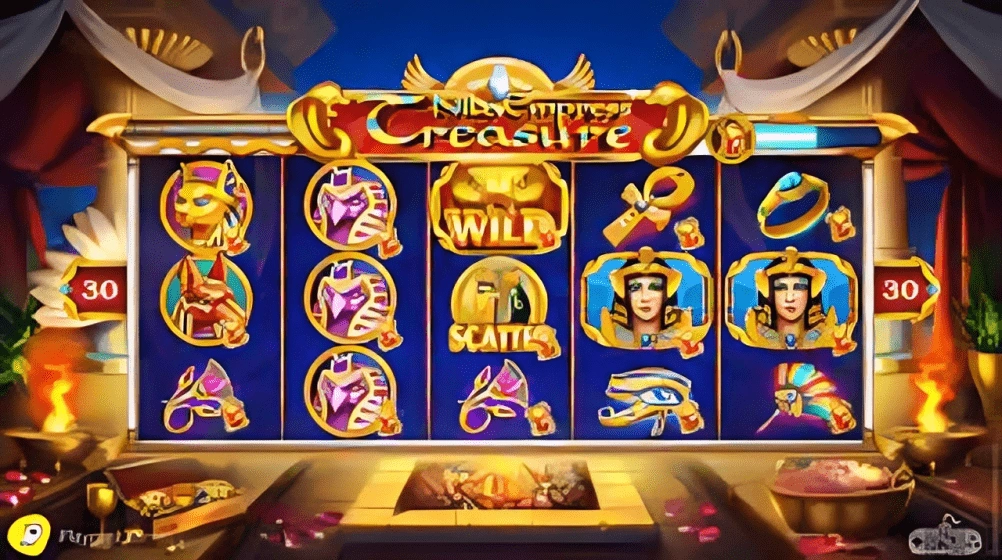November 10, 2025
No Comments
When people talk about the best games ever made, they often refer to titles that didn’t just entertain but transformed the way players think about interactive experiences. These games become cultural milestones, setting new standards for creativity, storytelling, and gameplay innovation. Whether it’s a sprawling fantasy epic or a matrixsaga.com/is-green-hell-crossp simple puzzle game that hooks millions, the best games have something in common: they leave a lasting impression long after the credits roll. They are experiences that stay in our memories, shaping the very definition of what gaming can be.
One of the reasons the best games stand out is their emotional connection with players. It’s not only about winning or achieving a high score; it’s about how they make us feel. Games like The Legend of Zelda: Breath of the Wild, Red Dead Redemption 2, and The Last of Us deliver deeply personal journeys that resonate beyond the screen. Their characters feel real, their worlds feel alive, and every choice or action carries weight. This emotional investment is what separates great games from the best games—it’s the human element that turns play into art.
Another hallmark of the best games is their ability to innovate. Every few years, a game comes along that redefines what players expect from the medium. Minecraft, for instance, revolutionized creative freedom by letting players build entire worlds block by block. Dark Souls changed the conversation around challenge and reward, turning difficulty into a form of storytelling. Meanwhile, Grand Theft Auto V blurred the line between cinematic storytelling and player autonomy in a living, breathing city. These games didn’t just succeed commercially—they inspired countless developers and reimagined the future of gaming itself.
Community also plays a vital role in determining which titles earn the title of “best games.” Multiplayer experiences such as Fortnite, Overwatch, and Apex Legends have proven that gaming can be a shared global event. These games thrive on collaboration, competition, and creativity, giving rise to vibrant online communities that extend far beyond the confines of the virtual world. Players become storytellers, streamers, and creators, shaping the game’s identity alongside the developers. This symbiosis between creators and players represents a new era in gaming culture—one where the best games are living, evolving ecosystems.
Technological advancement has also elevated the standards of what we now consider the best games. Realistic physics, adaptive AI, and stunning graphics have made modern gaming more immersive than ever. Yet, despite the rapid growth in technology, the heart of a great game still lies in its design and creativity. A title like Stardew Valley or Hollow Knight can be just as captivating as a massive AAA blockbuster because they focus on depth, emotion, and player agency. It’s a reminder that the best games are not defined by their budgets, but by their soul.
As gaming continues to evolve, what defines the “best” will continue to shift. Virtual reality, artificial intelligence, and cloud gaming are opening new doors for how people experience interactive entertainment. The next generation of best games will likely transcend traditional formats, blending reality and imagination in ways we can barely comprehend today. But no matter how advanced technology becomes, the essence will remain the same: the best games will always be those that move us, challenge us, and bring people together through play.
In the end, every player’s list of the best games is personal, shaped by nostalgia, taste, and emotion. Whether it’s the joy of exploring a new world, the thrill of competition, or the comfort of replaying a beloved classic, the beauty of gaming lies in its universality. The best games connect us—to stories, to other players, and to ourselves—making them timeless works of art that transcend generations.





